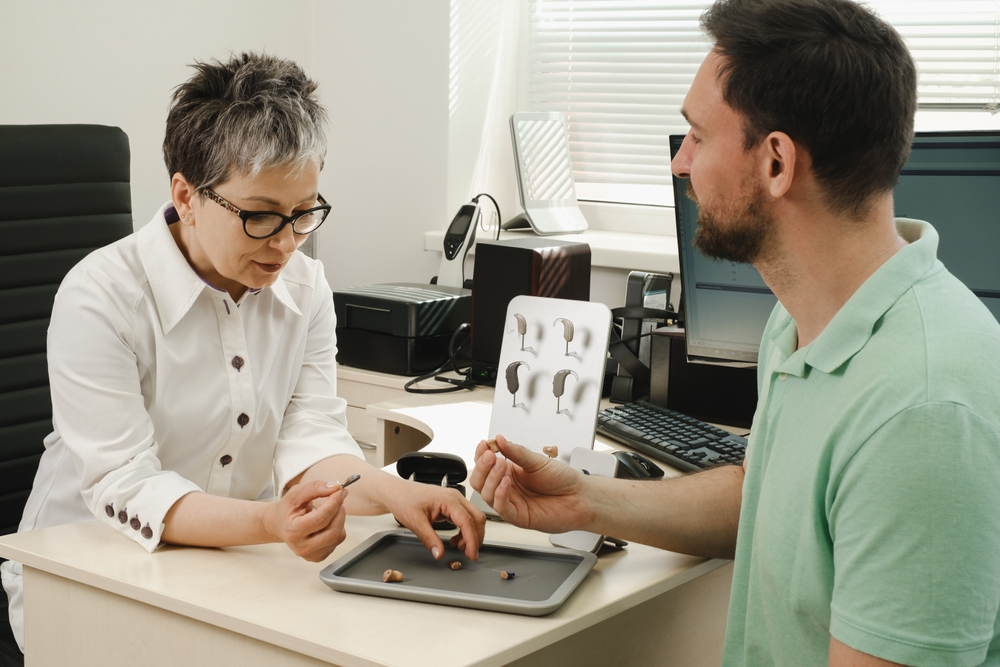According to the American Tinnitus Association, approximately 50 million people in the United States suffer from tinnitus. This means that people you interact with every day hear sounds that are not there. Tinnitus sounds like ringing, static, roaring, ocean waves, dial tones, or screeching.
Living with Tinnitus
Almost 80 percent of people with tinnitus are able to adapt to their condition, while the remaining 20 percent endure symptoms that can directly affect their daily activities. If you suffer from tinnitus, you can find yourself reacting to the world much differently than you did before you had the condition. How you feel affects how you interact with others in social situations. If you feel fatigued from trying to handle persistent sounds that you are unable to control, that will affect your relationships.
Another effect of tinnitus is how it can affect the way your brain processes emotions. Due to the adjustments the brain makes in response to tinnitus, the manner in which the brain processes emotional sounds in people who have tinnitus differs from how the brain does so in individuals without the condition. According to one study, people with tinnitus who are able to manage their condition better than others use different parts of their brain for emotional processing.
Tinnitus and How the Brain Responds to Emotional Sounds
Researchers at a university conducted a study that examined the activity of the brain while participants listened to various recorded sounds that were neutral, pleasant, or unpleasant. Some of the recordings included sounds of a water bottle being opened, the laughter of babies and a woman screaming. The participants of the study included people with normal hearing abilities, people with hearing loss and not tinnitus, and people with mild tinnitus who are were still able to function normally.
Functional magnetic resonance imaging scans, or fMRI scans, were used to make certain observations when the sounds were played:
When the participants listened to unpleasant and pleasant sounds, the area of the brain that processed emotions, the amygdala, showed reduced activity in the participants with tinnitus and those with hearing loss than it did with people who had normal hearing.
For the participants who heard pleasant sounds, the brains of those who had tinnitus showed more activity than those without tinnitus in the insula and parahippocampus, two other areas of the brain that process emotion.
Researchers concluded that the participants with tinnitus had a lower amount of activity in their amygdala because their brain modified itself so that the participants could adjust to the sounds. The reduction of the amygdala activity caused emotional processing tasks to be redirected to other parts of the brain.
The amygdala is not the only region of the brain that is in use during emotional processing for people who have tinnitus. Scientists may be able to use the results of the study to gain a better comprehension of tinnitus and how it affects the brain.



